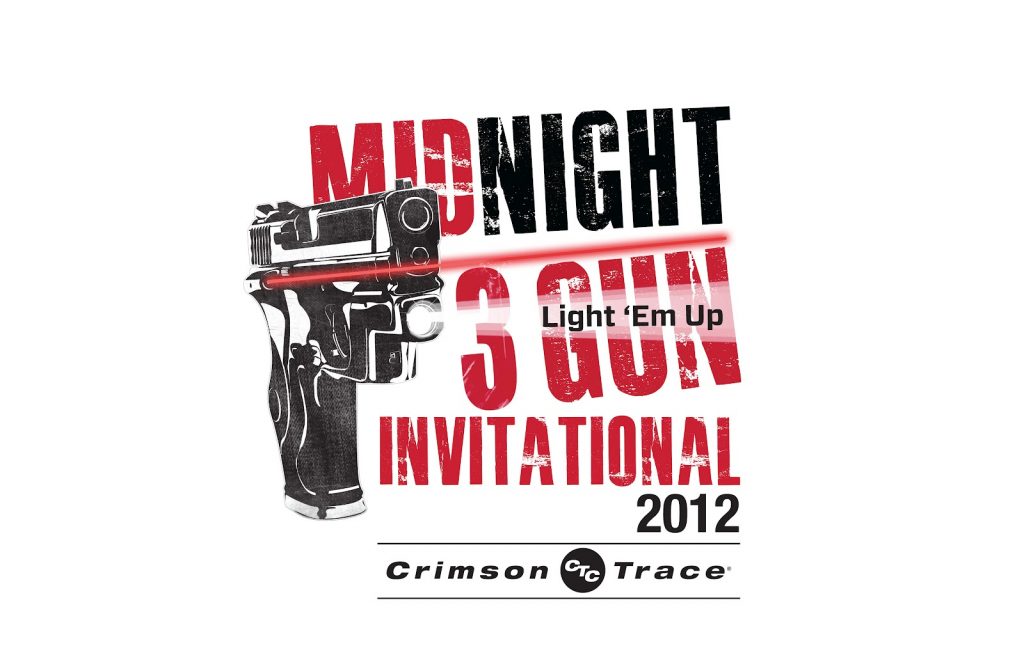US District Court Judge William D. Stiehl granted the State of Illinois’s Motion to Dismiss yesterday in the NRA-ISRA challenge to Illinois carry laws. The case, Shepard v. Madigan, was brought in US District Court for the Southern District of Illinois. Judge Stiehl granted the state’s motion to “dismiss pursuant to Fed. R. Civ. P. 12(b)(6) for failure to state a claim”. At the same time he denied the plaintiffs’ motions.
The NRA has indicated that they will appeal the ruling:
“Late today, a federal district court in Illinois wrongly ruled that the Second Amendment does not protect a right to carry firearms for self-protection outside the home. The NRA funded this challenge to Illinois’ ban on citizens’ ability to carry firearms legally outside their homes and businesses for self-defense, and will also be supporting an immediate appeal to the Seventh Circuit U.S. Court of Appeals–and to the Supreme Court if necessary.
The decision in the case of Shepard v. Madigan misreads the Supreme Court’s Second Amendment decisions and will continue to deprive law-abiding Illinoisans of the right to protect themselves effectively against crime on the streets. It also conflicts with a growing body of case law elsewhere in the country, where courts have increasingly recognized that the right to bear arms for self-defense doesn’t end at Americans’ front doors.
“The NRA’s legal efforts will not end until the right to carry firearms for self-defense is fully recognized throughout our land,” said NRA-ILA Executive Director Chris W. Cox.
Judge Stiehl found that intermediate scrutiny was the appropriate standard of scrutiny in this case. He then pointed to the 4th Circuit’s ruling in Masciandaro. However, unlike the judges in Woollard and Bateman, he read it differently, saying:
The defendants assert that the State of Illinois has significant governmental interests in protecting the safety of the public by restricting the availability and use of handguns in public. The Supreme Court has previously recognized that under intermediate scrutiny cases, the government’s interest need not be compelling. Schenck v. Pro-Choice Network, 519 U.S. 357, 376 (1997). As the Fourth Circuit noted in United States v. Masciandaro, 638 F.3d 458, 473 (4th Cir. 2011), “[l]oaded firearms are surely more dangerous than unloaded firearms, as they could fire accidentally or be fired before a potential victim has the opportunity to flee.” The State of Illinois has determined that, for purposes of protection of its residents, a citizen’s interest in carrying a firearm in public should be subject to the governmental interest in safeguarding the welfare of the public at large from the inherent dangers in a loaded firearm. This Court FINDS that the state has, therefore, established a substantial interest in the regulations at issue.
It seems to me that Judge Stiehl was grasping for straws in this decision. It will be interesting to see what the 7th Circuit makes of his logic.
The full opinion can be found here.
UPDATE: Prof. Eugene Volokh of UCLA Law and the Volokh Conspiracy examined the decision yesterday. He offers the opinion that Judge Stiehl misreads the 7th Circuit’s Ezell opinion regarding intermediate scrutiny.
I’m not claiming that Ezell clearly selected “a more rigorous” standard than intermediate scrutiny for law-abiding-citizen Second Amendment claims — it may be that its selection of that standard is limited to restrictions that interfere with gun possession in the home. (The Ezell plaintiffs “claim[ed] that the range ban impermissibly burdens the core Second Amendment right to possess firearms at home for protection because the Ordinance conditions lawful possession on range training but makes it impossible to satisfy this condition anywhere in the city.”) But I am saying that Ezell did not select “intermediate scrutiny” as the general standard for law-abiding citizen Second Amendment claims outside the home, and the district court was mistaken in concluding that Ezell did so. Rather, the district court should have recognized that the issue had not been decided by the Seventh Circuit, and the court should have accepted the responsibility for itself making the choice, rather than asserting that the choice was made for it.


